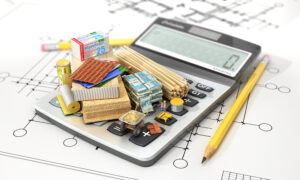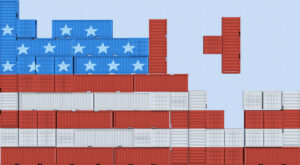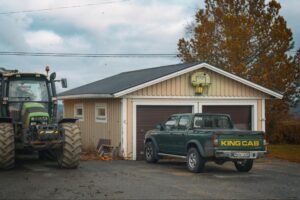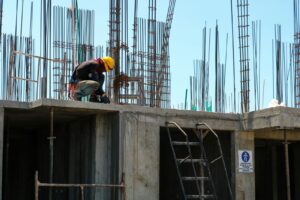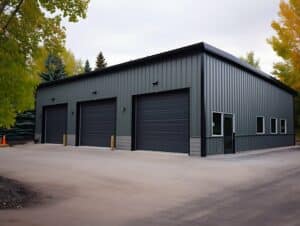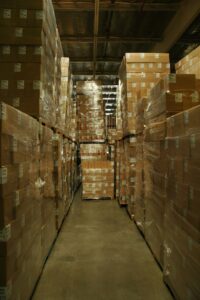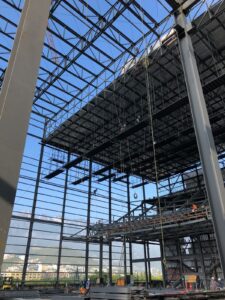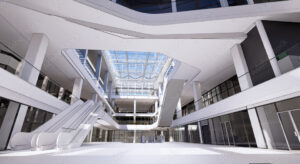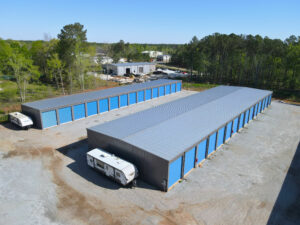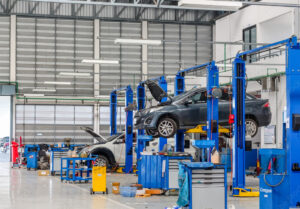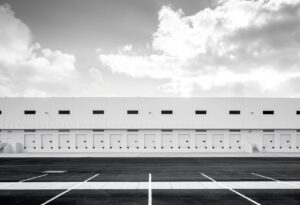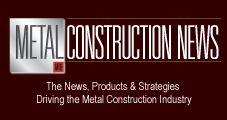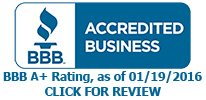Storefronts have become popular in the US, with storefront metal buildings becoming popular among retailers, and offering numerous benefits, including cost-efficiency, durability, and customizable design options.
As of 2020, there were 1,045,422 brick-and-mortar retail establishments across the U.S., with physical stores accounting for 87% of total retail sales.
Whether you’re planning to open a new store or looking to expand your existing commericial retail space, understanding the basics of storefront metal buildings and its design is essential.
Table of Contents:
- Understanding Storefront Metal Buildings
- Designing Your Storefront Metal Building
- Construction Process of Storefront Metal Buildings
- Maintenance and Durability of Metal Buildings
- Cost Analysis of Storefront Metal Buildings
- Conclusion
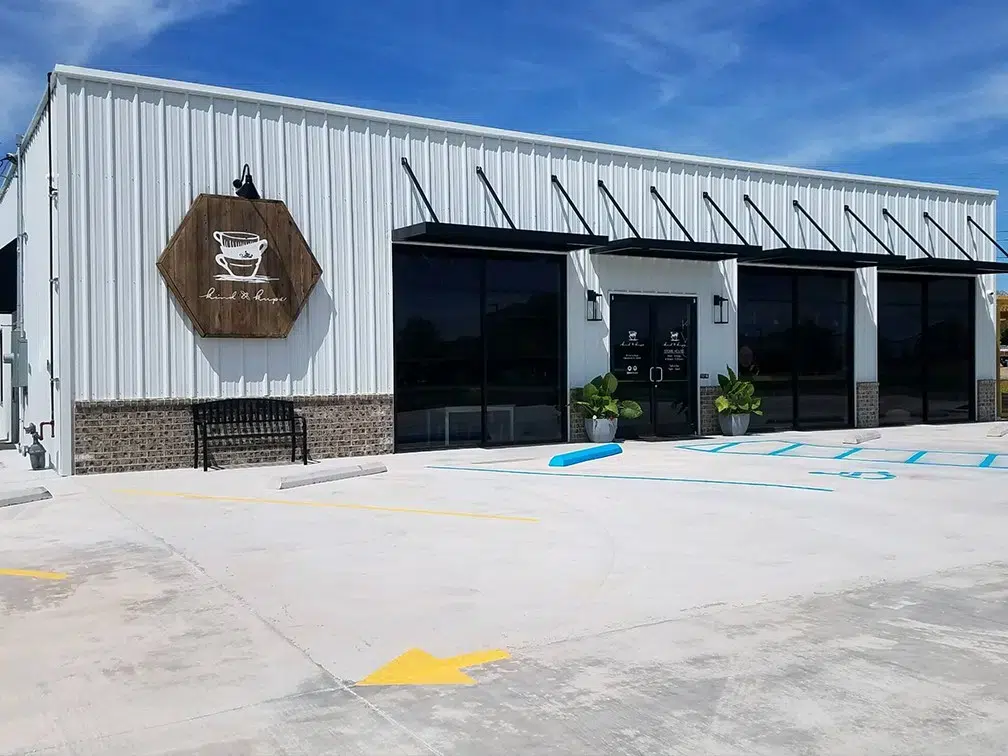
Understanding Storefront Metal Buildings
The Basics of Storefront Metal Buildings
Storefront metal buildings are pre-engineered structures that are specifically designed to meet the needs of retail businesses. They are made from high-quality steel, which offers exceptional strength and durability.
The steel components are manufactured off-site and then shipped to the construction site for assembly. This streamlined construction process allows for faster project completion and reduces labor costs. These buildings are not only quick to construct but are also friendly to the environment.
Steel is one of the most recycled materials in the world, making storefront metal buildings a sustainable choice for retail businesses looking to reduce their carbon footprint.
Additionally, the durability of steel ensures that these structures have a long lifespan, minimizing the need for frequent replacements and reducing waste.
Benefits of Using Metal Buildings for Retail Spaces
One of the key advantages of using storefront metal buildings is their cost-efficiency. Steel is a cost-effective building material that offers a high strength-to-weight ratio, allowing for greater design flexibility while minimizing construction costs.
Additionally, metal buildings require less maintenance compared to traditional construction methods, resulting in long-term cost savings for retailers.
Furthermore, storefront metal buildings are highly durable and can withstand extreme weather conditions, making them ideal for commercial retail spaces. Steel is resistant to pests, rot, and fire, ensuring the safety and security of your merchandise and customers.
Moreover, metal buildings are customizable and can be designed to reflect the branding and style of your retail business.
Another benefit of using metal buildings for retail spaces is their energy efficiency. Steel buildings can be easily insulated, helping to regulate indoor temperatures and reduce heating and cooling costs for retailers.
This energy efficiency not only lowers operational expenses but also contributes to a more sustainable and eco-friendly retail environment. Additionally, the design flexibility of metal buildings allows for the integration of energy-efficient features such as skylights and solar panels, further reducing the environmental impact of retail operations.
Check out: Cooling Solutions For Metal Buildings
Designing Your Storefront Metal Building
Key Design Considerations
When designing your storefront metal building, there are several key considerations to keep in mind. First, determine the size and layout of your retail space based on your specific needs and requirements. Consider factors such as the number of display areas, storage space, and customer flow.
Next, think about the exterior design elements that will enhance the curb appeal of your retail space. Features such as windows, doors, awnings, and signage should align with your brand image and attract customers.
Additionally, consider incorporating energy-efficient elements such as insulation and reflective roofing materials to reduce utility costs.
Moreover, it’s essential to consider the surrounding environment when designing your storefront metal building. Take into account factors like local zoning regulations, weather conditions, and the overall aesthetic of the area.
By harmonizing your building’s design with its surroundings, you can create a cohesive and visually appealing storefront that complements the neighborhood.
Customizing Your Metal Building for Retail Use
One of the advantages of storefront metal buildings is their versatility in customization. You can add custom features and finishes to create a unique and inviting retail space. Consider options such as glass storefronts, skylights, or mezzanine levels to enhance the aesthetics and functionality of your store.
Additionally, interior design elements such as lighting, flooring, and shelving can be tailored to suit your retail concept.
Furthermore, when customizing your metal building for retail use, don’t overlook the importance of branding and customer experience. Incorporating elements that reflect your brand’s identity, such as color schemes, logos, and themed decor, can help create a memorable and immersive shopping environment for your customers.
By paying attention to these details, you can differentiate your store from competitors and build a strong brand presence on the market.
Construction Process of Storefront Metal Buildings
Constructing a storefront metal building involves a meticulous process that begins long before the first steel component is put in place.
Preconstruction planning is a critical phase that sets the foundation for a successful project. This phase includes not only obtaining the necessary permits and approvals from local authorities but also conducting site surveys and soil tests to ensure the structural integrity of the building.
Additionally, selecting a reputable contractor with a proven track record in constructing metal buildings is essential for a seamless construction process.
Moreover, during the preconstruction phase, it is crucial to engage with architects and engineers to develop detailed construction drawings and specifications. These documents serve as a roadmap for the construction crew and help in identifying any potential challenges that may arise during the building process.
By investing time and resources in thorough preconstruction planning, project delays, and cost overruns can be minimized, ultimately leading to a successful storefront metal building project.
Building and Installation
With the preconstruction planning complete, the building and installation phase of the storefront metal building project commences. The steel components, including columns, beams, and roof trusses, are fabricated off-site with precision and expertise.
These components are then transported to the construction site, ready to be assembled according to the manufacturer’s specifications.
As the construction crew begins erecting the main structural elements, the building starts to take shape. The meticulous process of aligning and securing each component ensures the structural integrity of the building.
Subsequently, exterior walls and roofing materials are installed to weatherproof the structure and provide durability against the elements.
Furthermore, attention to detail during the installation process is paramount, especially when integrating electrical and plumbing systems into the building. Coordinating these systems seamlessly within the structure ensures a functional retail space that meets the needs of the occupants.
The combination of skilled craftsmanship and adherence to safety standards is crucial in delivering a high-quality storefront metal building that stands the test of time.
Maintenance and Durability of Metal Buildings
Routine Maintenance Tips
To ensure the longevity of your storefront metal building, regular maintenance is essential. Inspect the building on a regular basis for any signs of wear or damage, and address any issues promptly. Perform routine cleaning to remove dirt, debris, and potential defects that may compromise the integrity of the steel components.
In addition, keep the gutters and drainage system clear to prevent water gathering and potential damage.
Another important aspect of maintaining metal buildings is to check for rust or corrosion regularly. Rust can weaken the structural integrity of the steel components over time, so it’s crucial to address any signs of rust promptly.
Applying a protective coating or paint can help prevent rust formation and extend the lifespan of the building.
Check out: Selecting The Best Paint For Steel Buildings
Long-Term Durability and Sustainability
Storefront metal buildings are designed to stand for many years. Steel offers exceptional durability and can withstand harsh weather conditions, reducing the risk of damage to the building and its contents.
Additionally, steel is a sustainable building material, as it is recyclable and can be repurposed at the end of its lifespan. This makes storefront metal buildings an environmentally friendly choice for retailers.
Furthermore, metal buildings are highly customizable and versatile in design, allowing for future expansions or modifications with ease. Whether you need to add more space for inventory storage or create a new storefront entrance, metal buildings can accommodate these changes without compromising their structural integrity.
This flexibility adds to the long-term durability and value of storefront metal buildings.
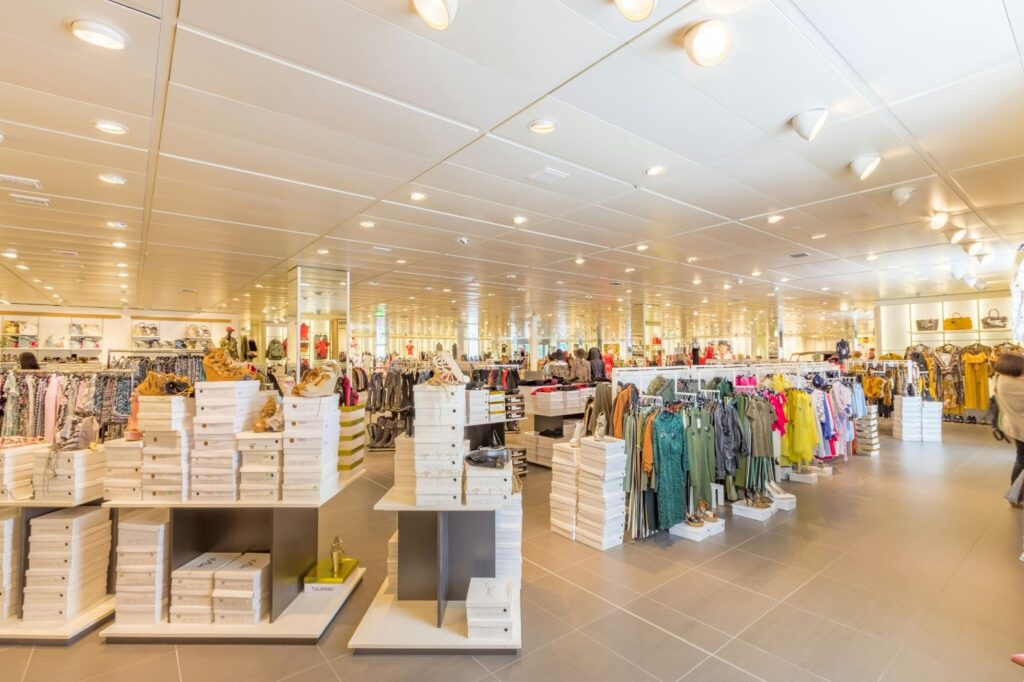
Cost Analysis of Storefront Metal Buildings
Initial Investment and Construction Costs
While the initial investment for a storefront metal building may be higher compared to traditional construction methods, this cost is offset by the long-term benefits it offers.
Metal buildings require less maintenance, resulting in cost savings over time. Moreover, their durability ensures a longer lifespan compared to other building materials, reducing the need for costly renovations or replacements.
Another factor to consider when analyzing the initial investment of storefront metal buildings is their customization options. Metal buildings can be easily tailored to fit specific design requirements, allowing for unique architectural features that can enhance the overall aesthetic appeal of the structure.
This flexibility in design can add value to the building, making it a worthwhile investment in the long run.
Long-Term Cost Efficiency of Metal Buildings
Storefront metal buildings are known for their energy efficiency, which translates into significant savings on utility bills. Steel reflects heat, reducing the need for excessive air conditioning during hot summer months.
Additionally, metal buildings can be insulated to minimize heat loss during colder seasons, which reduces energy consumption and costs.
Furthermore, the construction process of metal buildings is often quicker and more streamlined than traditional construction methods, leading to cost savings in labor and shorter project timelines.
This efficiency in construction not only saves money but also reduces the overall environmental impact of the building process, making storefront metal buildings a sustainable choice for environmentally conscious businesses.
Conclusion
Storefront metal buildings offer numerous advantages for retail spaces. Combining cost-efficiency, durability, and customizable design options, they provide retailers with an ideal solution for their business needs.
By understanding the basics of storefront metal buildings, considering key design elements, and following proper maintenance practices, retailers can create a high-quality and visually appealing retail space that will attract customers and generate long-term success.
Are you considering building a Storefront? SteelCo’s 23+ years of experience in dropshipping Pre-Engineered Metal Building (PEMB) materials for commercial, retail, and mixed-use buildings across the US would be an asset.
As a locally awarded General Contractor, our expertise also extends to comprehensive commercial design-build and construction projects across Georgia for various client industries and asset classes.
We assist our clients in navigating local building codes and construction timelines, providing conceptual designs and stamped engineering plans to simplify the process of obtaining necessary permits and licenses.
—————————————-
Check out these related articles:
> Metal Mall Buildings: What Are They?
> Advantages Of Prefabricated Metal Buildings & Potential Drawbacks


